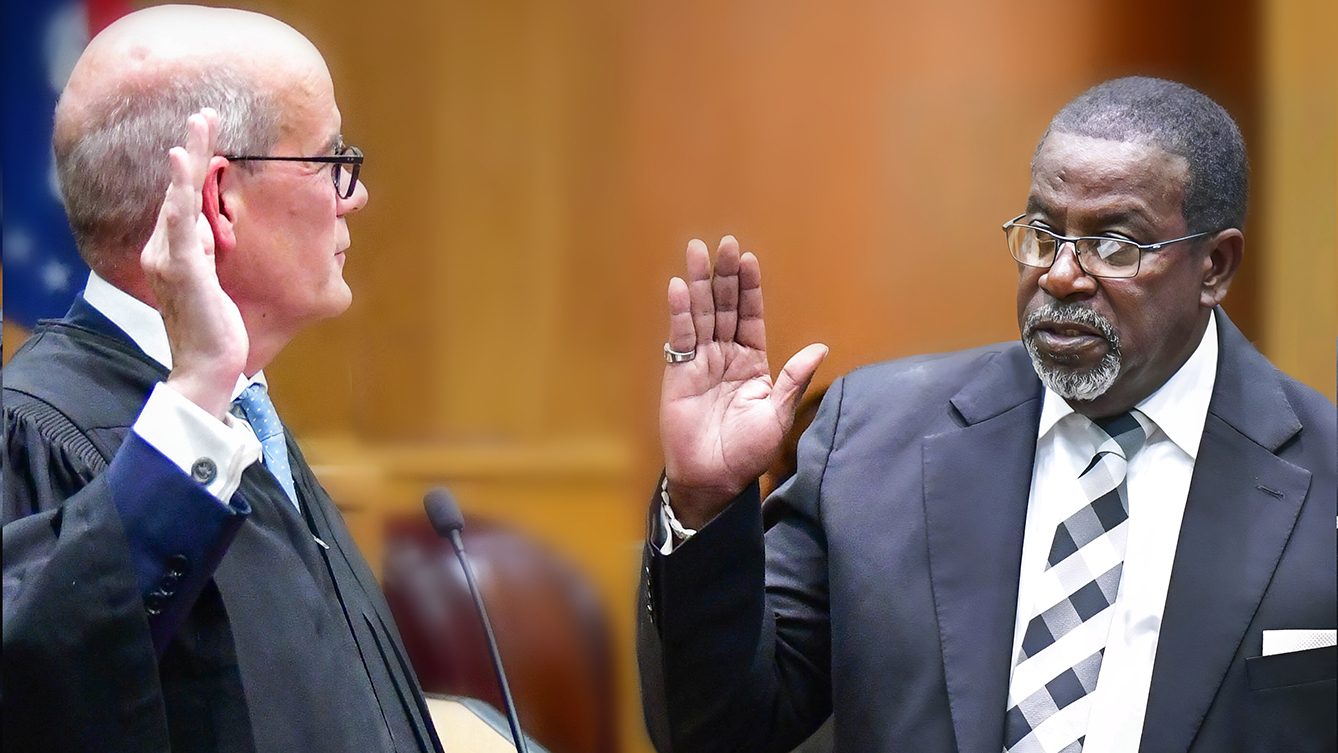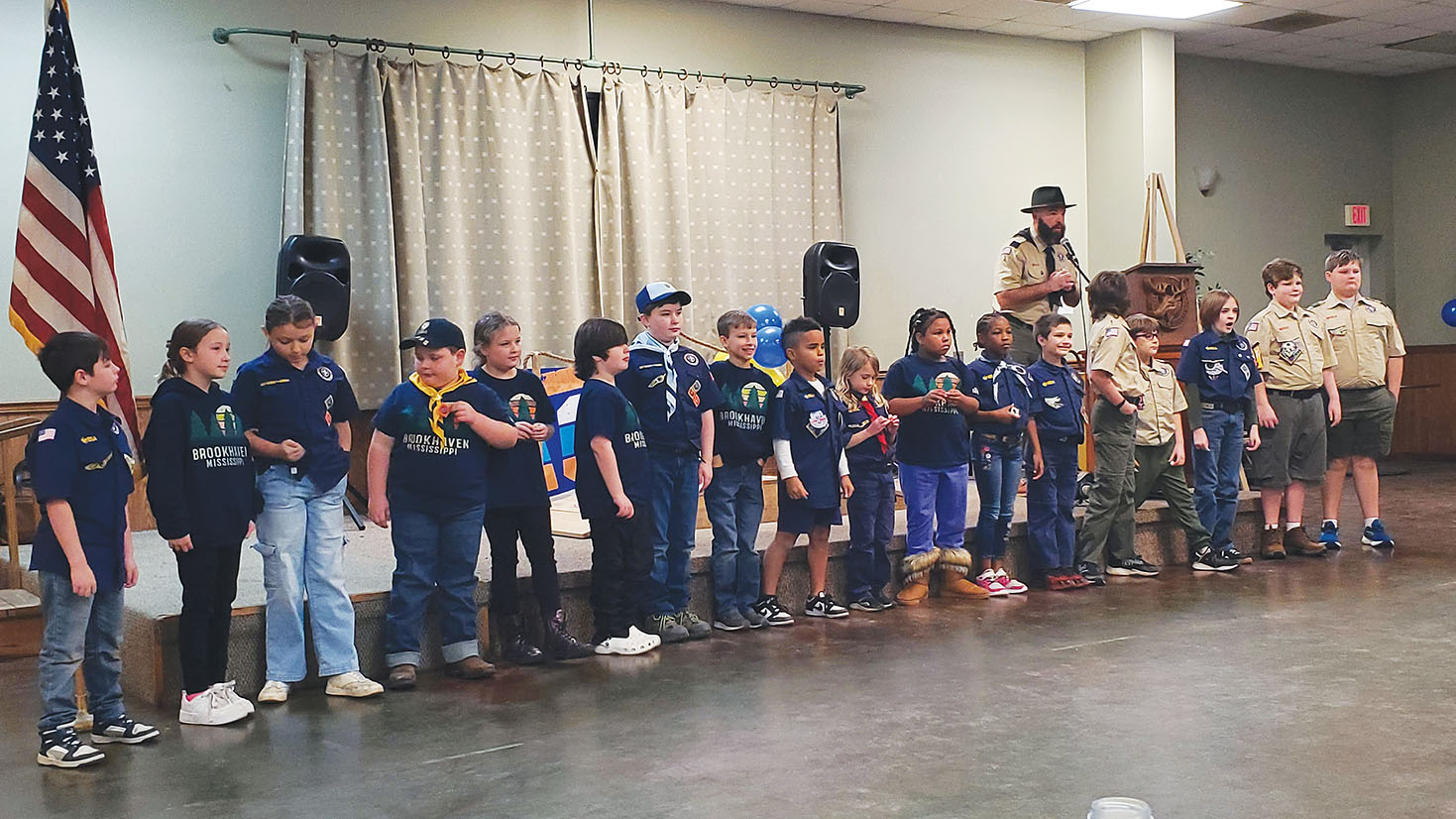Televised meetings valuable but not an invitation to grandstand
Published 5:00 am Tuesday, September 7, 2004
A valued and popular public service will continue thanks to theanonymous donation of a camcorder to the city for use in televisingboard of aldermen meetings.
The donation came after the board last week rejected buying acamera for meeting purposes after Cable One decided not to replaceits broken camera. We question whether the board should have evenconsidered the purchase in the first place.
From a journalistic standpoint, a government entity should notcontrol the very tool being used to report on its proceedings. Itjust opens the door to potential problems as to who controls thecamera when particularly thorny issues do come up.
Even now, with the donated camera, one has to wonder who willcontrol the on-off button.
And, as one alderman pointed out during last week’s discussion,just having the camera presents some difficulties of its own.
The camera gives aldermen and other city officials a “stage”from which to address audience members via the airwaves.
By asking certain questions or making certain statements oncamera, officials have used the opportunity to make themselves lookgood for constituents or to show their efforts to fulfill campaignpromises. Former Mayor Bill Godbold was fond of calling thepractice “politicking.”
However, the camera’s opposite effect of limiting discussion hasalso proven true in a few instances. Because they didn’t want it”on camera,” officials refrained from making a statement that mayhave needed to be said.
Nevertheless, the advantages of having board meetings televisedoutweigh the drawbacks. Except when the board retreats intoexecutive session, the camera helps promote a sense of openness inlocal government and provides citizens with an easy means ofkeeping track of what their leaders are doing.
Keep the cameras rolling. Action!





